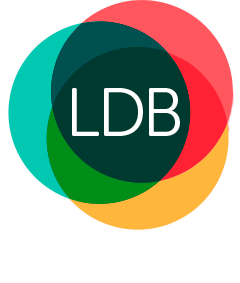Share trader or investor – what’s the difference?
October 13, 2017

One way to make money from the share market is to buy shares, hold them over the long term, collect the dividends and hope for a steady increase in the value of the shares. This is the approach of the ‘investor’ or ‘shareholder’.
Another way is to regularly buy and sell shares, looking to exploit short-term movements in share prices. When undertaken in a business-like manner this better describes a ‘share trader’.
Of course, many people do a bit of both, holding a core portfolio of blue chip shares while taking a punt on a few more speculative holdings.
However, choosing whether to be a trader or an investor has a major bearing on how your activities are taxed, so it’s important to understand the differences between the two.
Here are the main things to look out for:
Investors
- The main purpose is hold shares while earning dividends and similar income
- The purchase of shares is a capital cost, and is not an allowable deduction against income
- Profit from sales is not assessable income, but subject to capital gains tax (CGT)
- Losses from sales cannot be claimed against income, but can be offset against current or future capital gains
- Dividends and other distributions are included in assessable income
- Some costs, such as interest on loans used to buy shares, are allowable deductions in the year they occur.
Share traders
- Seek to earn income by engaging in the business of buying and selling shares
- In determining whether or not the share trading activity constitutes a business, the Australian Tax Office (ATO) considers:
- the nature of the activities and whether the purpose is to make a profit;
- repetition, volume and regularity;
- operating in a business-like way, including keeping accounts and records of trading stock;
- the amount of capital invested.
- Shares are treating as trading stock, and their cost can be claimed against assessable income
- Profits from the sale of shares are treated as assessable income, not as a capital gain
- Losses on the sale of shares can be deducted from assessable income
- Buying, selling and borrowing costs can be deducted in the year they are incurred
- Dividends and other distributions are included in assessable income.
It’s also worth keeping in mind that traders miss out on the 50% CGT discount on shares held for more than 12 months, and the franking credits on any dividend payments from shares held for less than 45 days.
Want to know more?
Whether you opt to be a trader or investor, LDB can help you navigate both the investment and tax sides of the equation.
To find out more, phone (03) 9875 2900 or get in touch via the contact form below.
